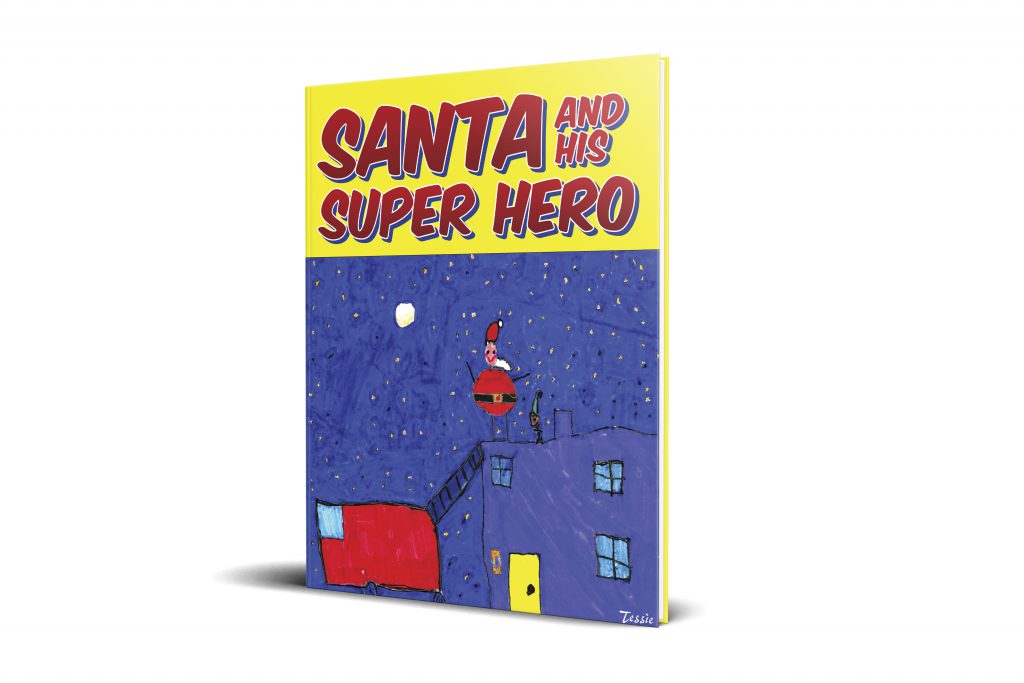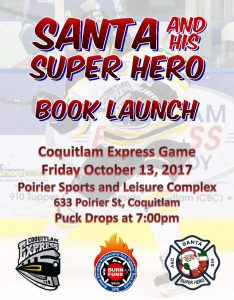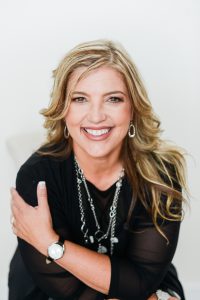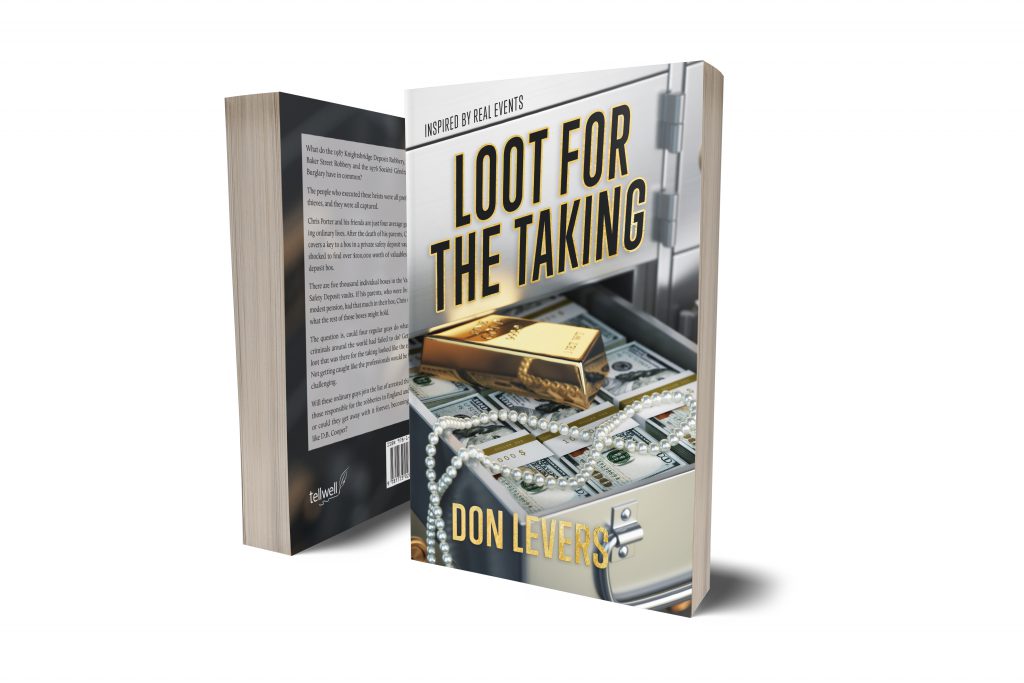Sally Walls shares her ‘nightfall to daybreak’ in emotionally raw book on losing her son
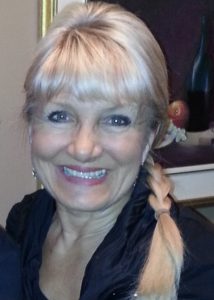 Prior to becoming a published author, Walls admits that she was always in love with writing. “I’ve grown up always being a writer of some sort,” she says. “I like people. And therefore, when you put the two together I like storytelling because they kind of go together. I like to write about people, what I hear, and what I see.”
Prior to becoming a published author, Walls admits that she was always in love with writing. “I’ve grown up always being a writer of some sort,” she says. “I like people. And therefore, when you put the two together I like storytelling because they kind of go together. I like to write about people, what I hear, and what I see.”
Although Walls had written two manuscripts about the tragic event, she never felt that it was the right time to publish her work. About five years ago, Walls attended a writer’s conference in New Mexico and had her work critiqued.
“I met some American publishing groups and they were all sort of giving me the green light, ‘Go ahead. This is good,’” she explains. “And yet I came back and really felt I had to sit on it. I really felt like it was not my time to tell the story yet.” With 2017 marking the 10-year anniversary of her son’s death, the author admits she “found her voice” and felt that it was ultimately time to share her experience.
After her other son left for Berlin following New Year’s Day, Walls immersed herself in writing this book. From January to May, the difficult writing process forced her to recall the heartbreaking memories.
“I didn’t think it was possible to have so many tears,” she says. “After ten years of letting go of my son, I was actually amazed at how much emotion it evoked. There would be some days that I would be going deep into my memories to craft a story because I had written the book in a series of snapshot stories to tell his life. There were days where I would really have to lay my head on my desk and just sob until I let go of some of that pain that had found me.”


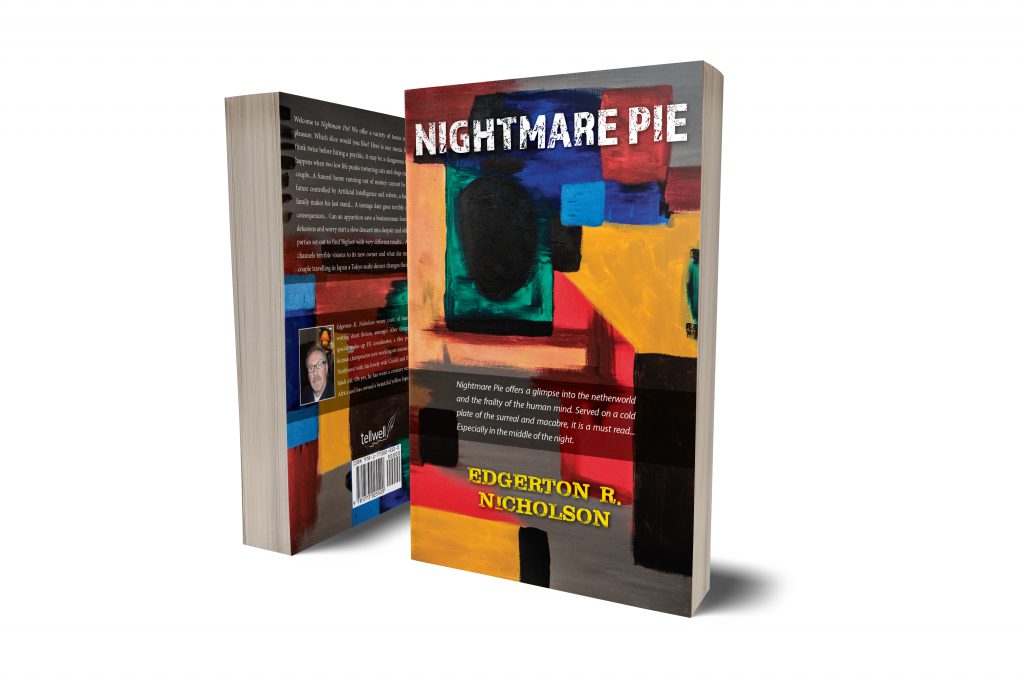
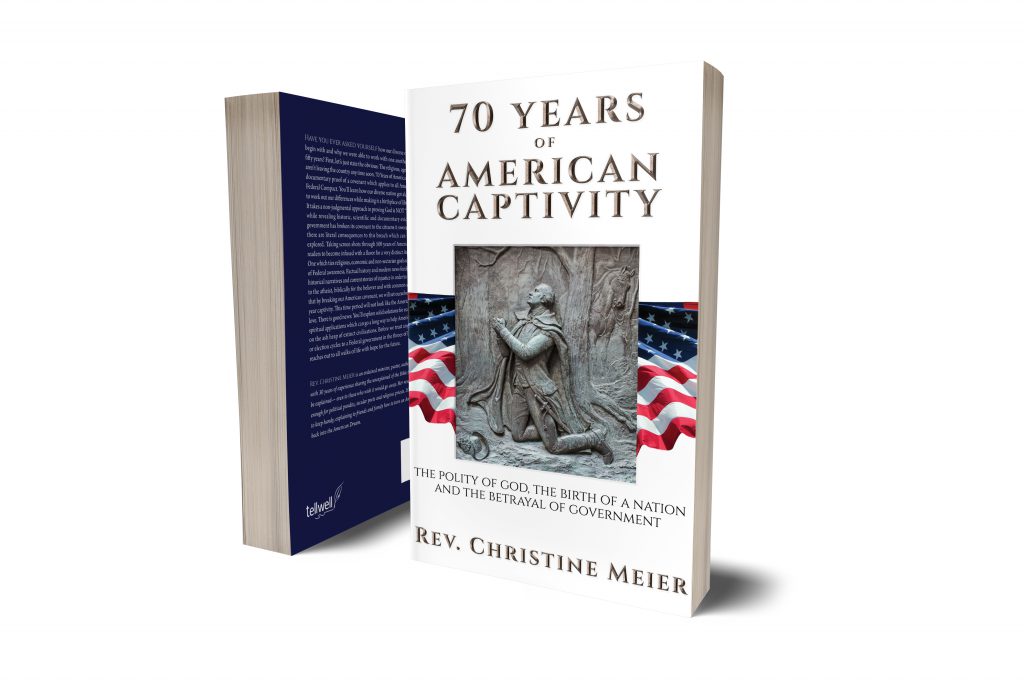
![COQUITLAM,BC:NOVEMBER 29, 2016 -- Nathan McTaggart poses for a photo with the book and members of the Austin Heights Fire Station in Coquitlam, BC, November, 29, 2016. Nathan wrote about Santa getting stuck in the chimney and firefighters had to rescue him. (Richard Lam/PNG) (For Tracy Sherlock) 00046527A [PNG Merlin Archive]](https://blog.tellwell.ca/wp-content/uploads/2017/09/PNG1129-xmas_book-11-864x1024.jpg)
